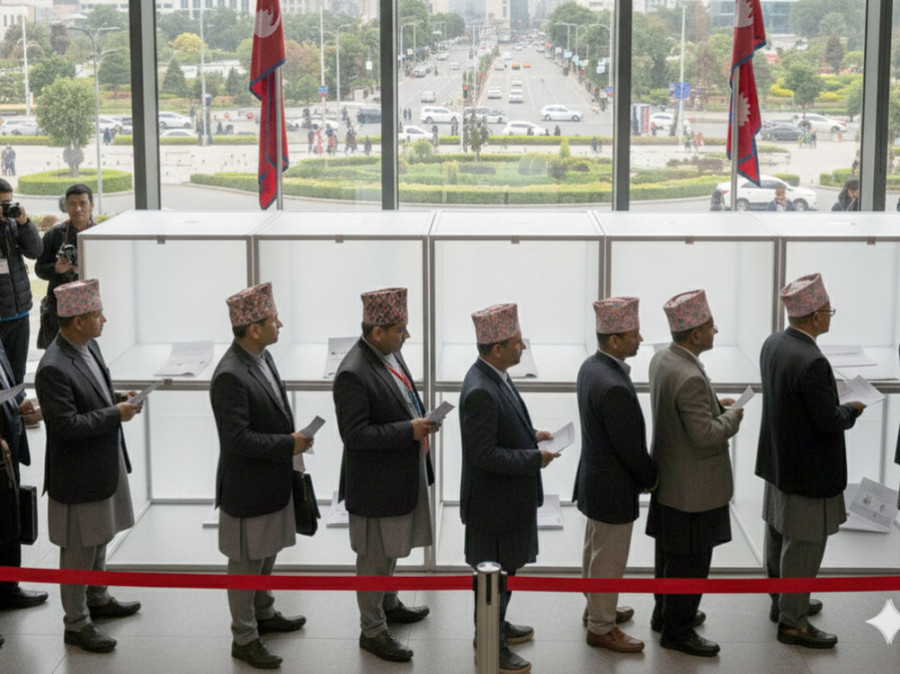Politics
141 countries grant voting rights to citizens abroad, why not Nepal
From astronauts casting ballots in space to millions of overseas citizens voting by post or online, global practices show what Nepal has yet to achieve.
Sajana Baral
Around 141 countries worldwide provide some form of voting rights to citizens living abroad. The United States introduced absentee voting as early as 1862 under President Abraham Lincoln, and by 1997 astronaut David Wolf even cast his ballot from Earth’s orbit.
Last year too, astronauts Don Pettit, Sunita Williams and Butch Wilmore voted from the International Space Station.
Currently, more than nine million Americans overseas, including those serving in the military, have access to absentee or postal voting under the Uniformed and Overseas Citizens Absentee Voting Act of 1986.
Other democracies followed suit. Britain extended limited overseas voting in 1918, Canada in 1942, and Germany through postal ballots in 1955. Australia, France, Italy, Spain and Portugal gradually introduced similar provisions, while South Korea, Japan, Mexico, the Philippines and India have varying arrangements. France has gone as far as reserving 11 parliamentary seats specifically for its citizens abroad.
Despite such examples, nearly five million Nepalis overseas are still deprived of voting rights. Home Minister Om Prakash Aryal recently said the government is preparing to extend the franchise to migrant citizens, and is ready to remove legal and technical barriers.
Nepal is among 55 countries that provide no overseas voting facility, while 95 countries allow it broadly and another 46 in limited forms.
In South Asia, India requires physical presence, while Sri Lanka offers no option at all. Pakistan, Bangladesh and Bhutan provide the right only partially or in tightly controlled ways.
Observers argue that extending the vote to citizens abroad would strengthen Nepal’s democracy, especially at a time when remittances form a crucial part of the national economy.




 21.81°C Kathmandu
21.81°C Kathmandu














